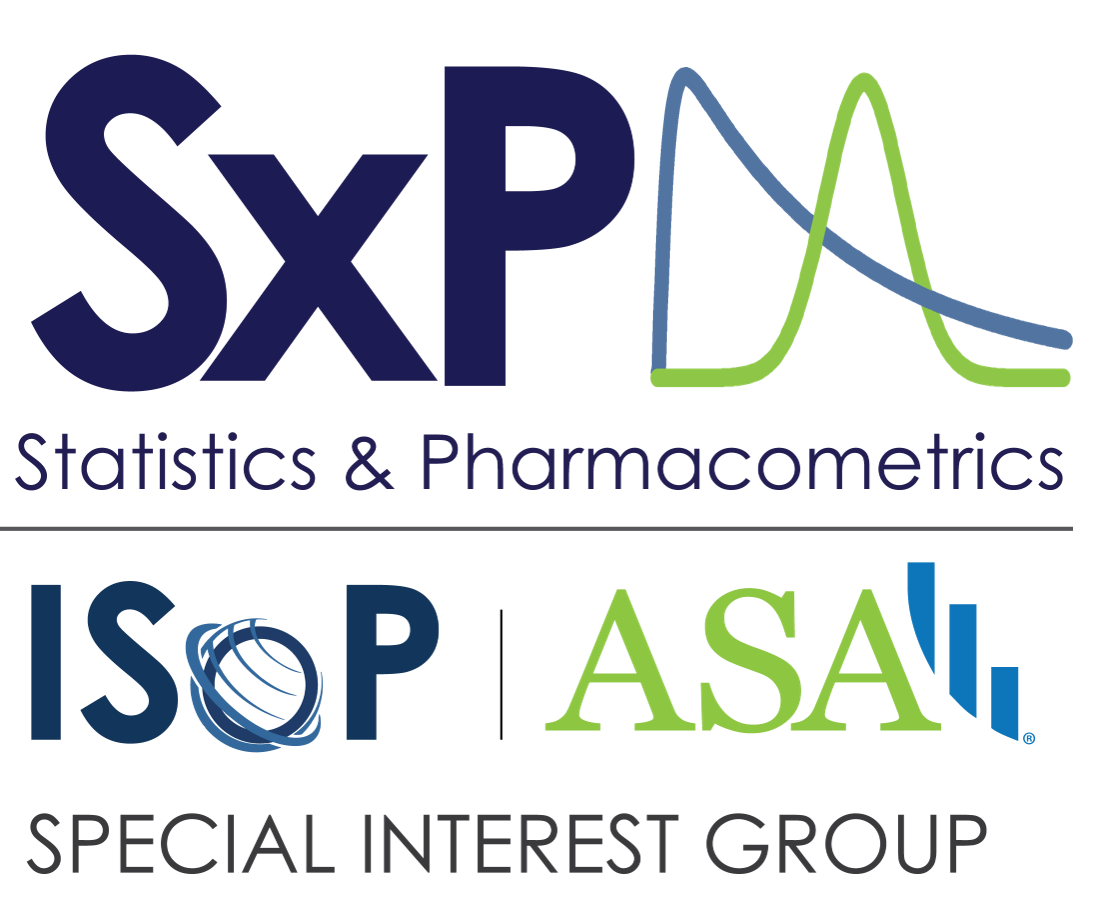AI/ML
Artificial Intelligence (AI)/Machine Learning (ML)
The article presents a neural-PK/PD framework that combines key pharmacological principles with neural ordinary differential equations. Using deep learning approaches the author showed that the governing differential equations can be learnt directly from longitudinal patient data.
The article introduced to ML classification methods, provide examples for a ML classification analysis to identify covariates based on specific research questions, examine a clinically relevant example to investigate possible relationships of ML and PMX, and present a summary of ML and PMX tasks to develop clinical decision support tools.
This works shows a process of estimating AUC following q.d. or b.i.d. dosing in organ transplants using machine learning algorithms
This is an extension of previous work, where Machine Learning models could be applied to sparse dataset
This article compares the predictive nature of different algorithms: a non-linear mixed effects model created by the software NONMEM®; an artificial neural network (ANN) model; a support vector machine (SVM) model
A review article analyzing how different machine learning approaches can support drug development at different stages of development
The review article provides an overview of the strengths and weaknesses of ML approaches vis-à-vis population methods, assesses current research into ML applications in the pharmaceutical sciences and provides perspective for potential opportunities and strategies for the successful integration and utilization of ML in PMX.
This article compares performance of Neural network regression, neural network classification and genetic algorithm methods for model selection.
In this article author compares classical covariate model building tools methods with three machine learning (ML) methods applied to NONMEM empirical Bayes estimates: random forest, neural networks (NNs), and support vector regression (SVR).
Machine Learning in Drug Discovery: A Review by Suresh Dara et al.
Machine Learning in Drug Discovery and Development Part 1: A Primer by Alan Talevi et al.
Deep compartment models: A deep learning approach for the reliable prediction of time‐series data in pharmacokinetic modeling by A Janssen et al.
